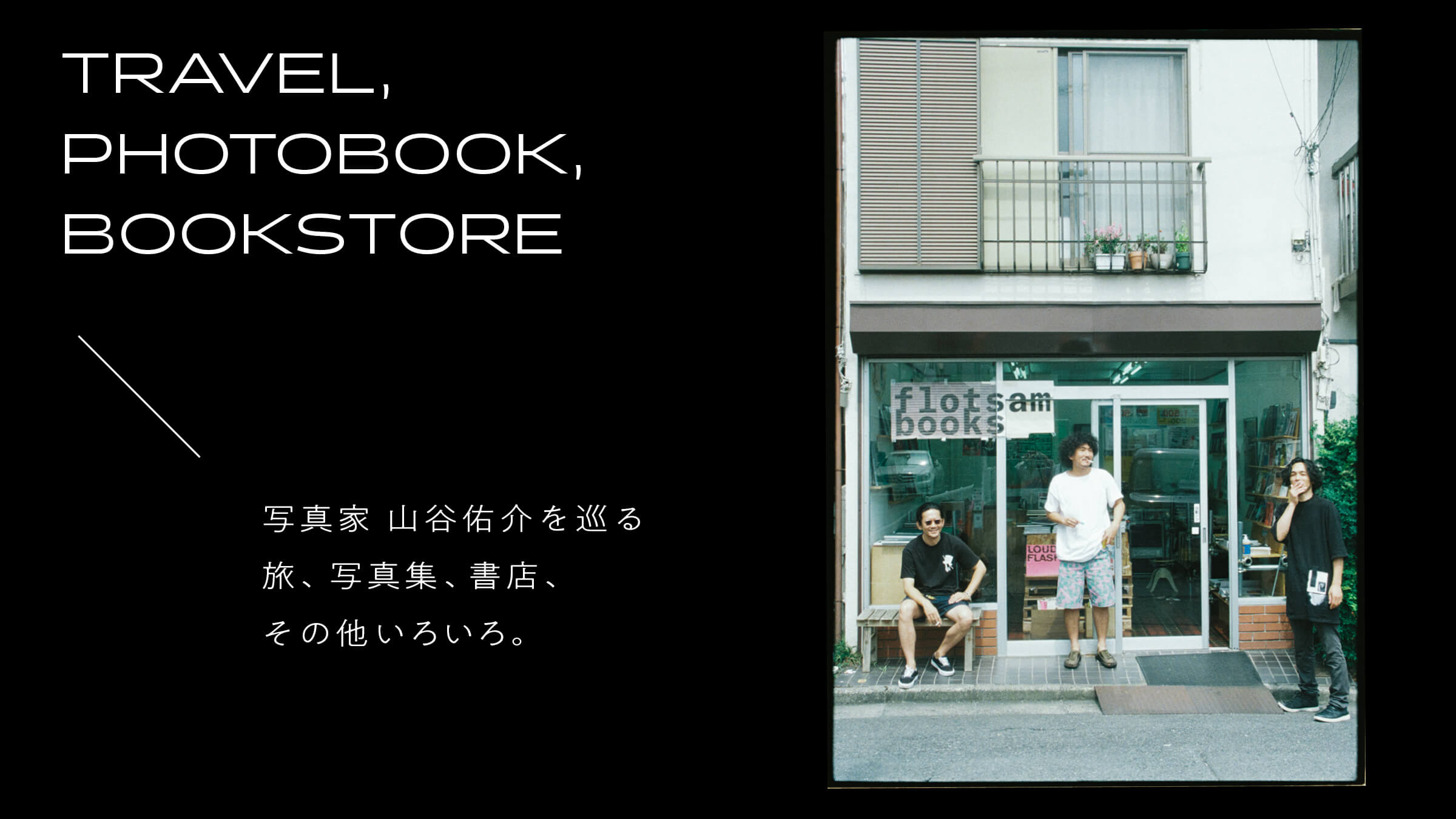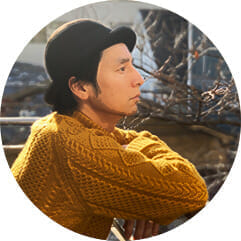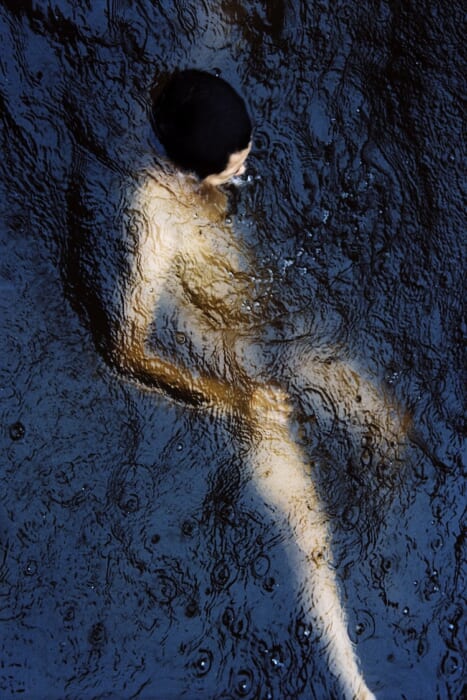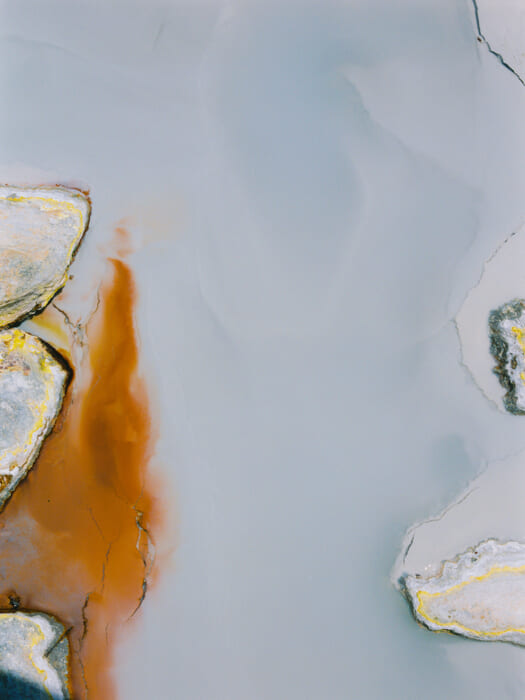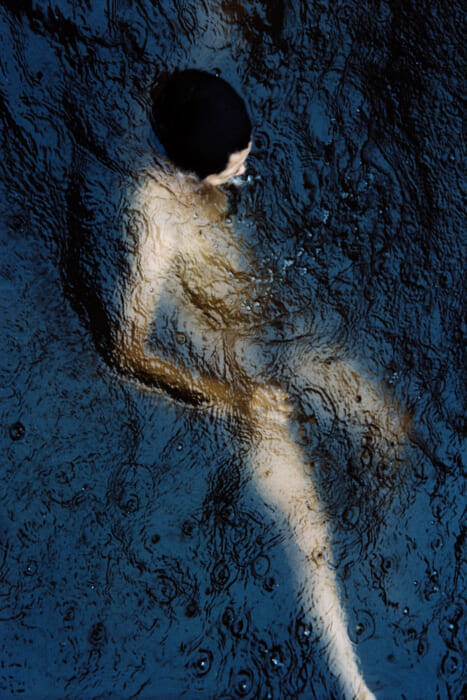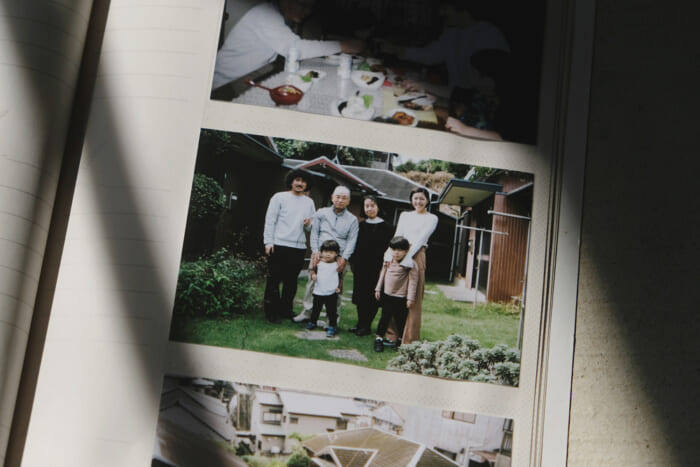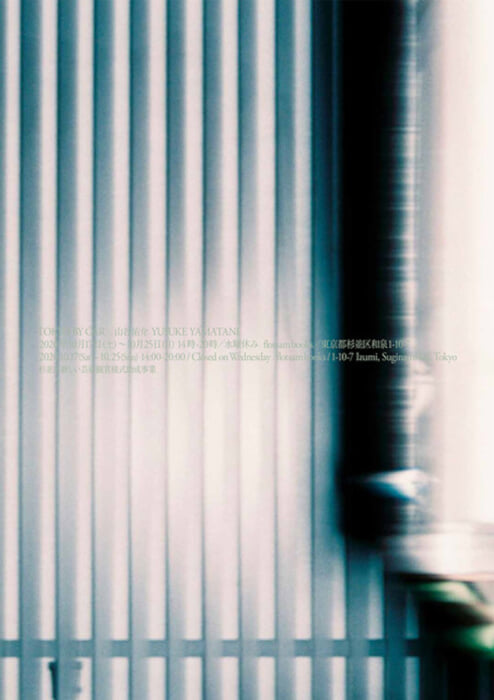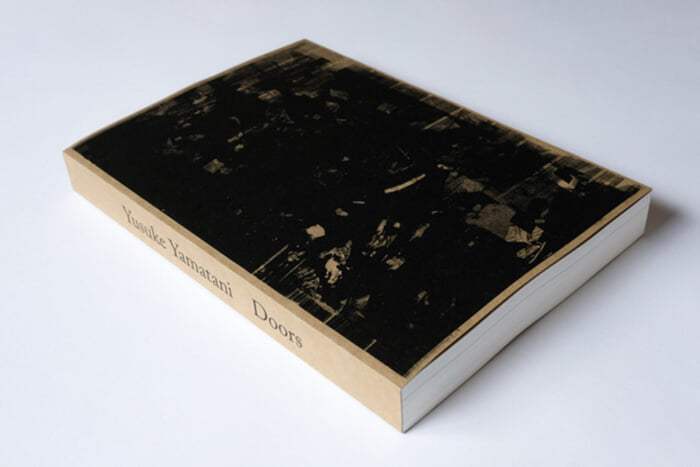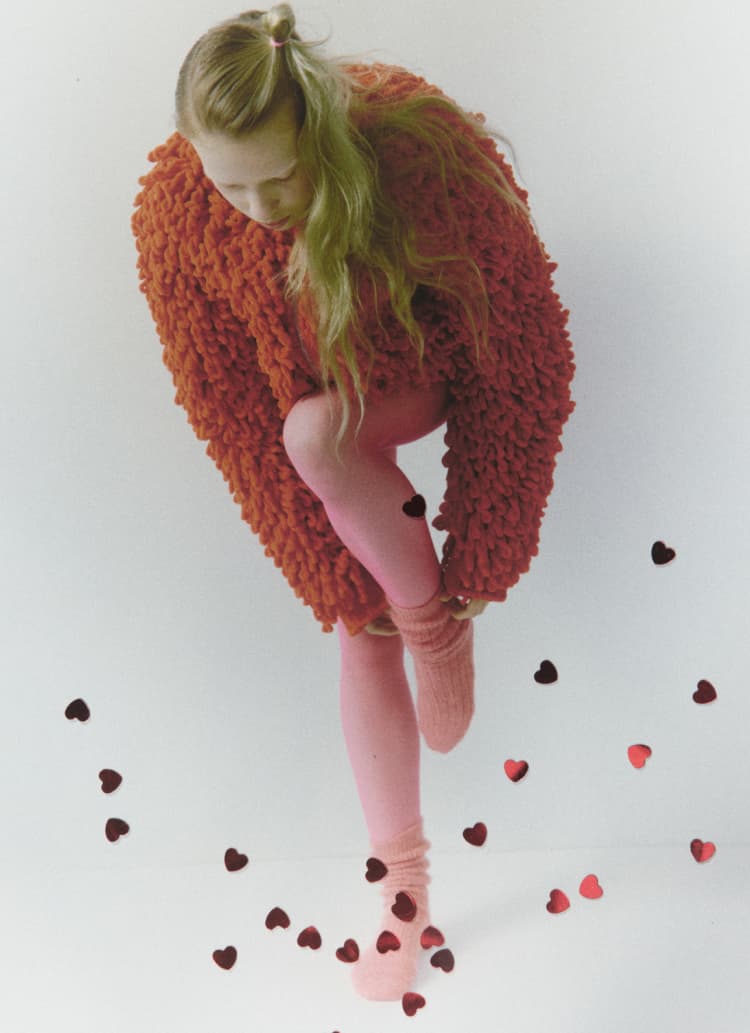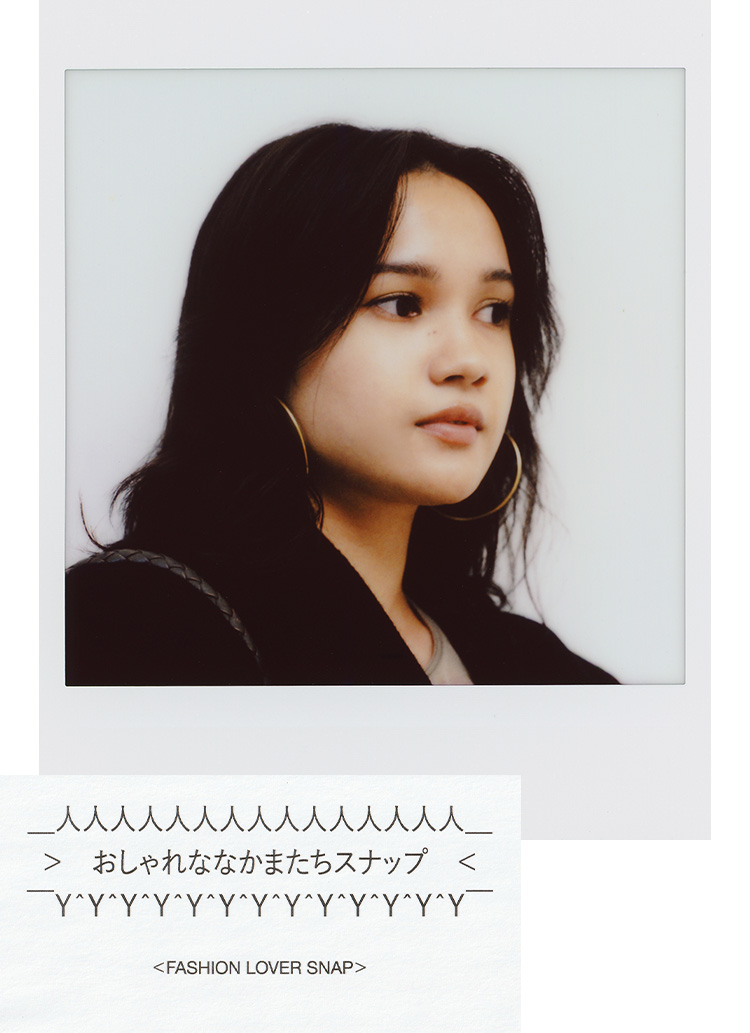Mountain Valley:This may be a bit off topic, but I think I have been living in a gradation. It might be better to have a strict separation between work and vacation, but I feel more at home in this gradation. Everything I see and do is connected to my work. But the world is so extreme that even this time in Corona, I felt as if "all the common sense in the world has switched. Do you really think so? In the first place, I don't even know if what was considered normal until now was really normal at all.
Nomura:Yes, it is.
Mountain Valley:And when I had a child, I became very conscious of myself and others. I think everything is fluid. Recently, I have been thinking a lot about where to live. I was born in the countryside, so I feel more comfortable in a place with nature.
Nomura:Yes, I have started to think about where to live. I live in the city center because I like to go out drinking. I live in the city center because I like to have friends nearby and be able to get together quickly. I like being able to walk home from bars, and that's why I paid the money I did.
Mountain Valley:I used to live only in this area (Daitabashi area). But I recently bought a house.
Nomura:Seriously!
Mountain Valley:Yes, I am. I bought it in Yokosuka. I wanted to expand what I had been doing and move more at my own convenience. And I wondered if I could do that no matter where I lived.
Nomura:Oh, so you are going to live in Yokosuka from now on?
Mountain Valley:Yes, I will be in the area. From next March or so.
Nomura:Oh, it's not far off.
Mountain Valley:Yes, we are. It is a second-hand property, so we are planning to renovate it ourselves. I have a friend who can draw plans, so we are doing it together. And I'm thinking of doing it like an apprentice carpenter.
Nomura:That's amazing. I don't have a house or anything. I have no assets (laughs).
Mountain Valley:No, this one has no property value at all, but it has about 100 square meters, so it is worthwhile.
Nomura:100 square meters! Seriously.
Mountain Valley:If you go to places like Hayama, it becomes very expensive, but in Yokosuka, it becomes cheap at once. I like the atmosphere of Yokosuka. Even if there are foreigners, they are only blue-collar workers. And American soldiers. Everything is fresh. Also, changing one's home is like traveling.
Nomura:No, you're on the defensive.

All:LOL!
Nomura:It's not that beautiful. That's not a journey. It's a loan trip (laughs).
Mountain Valley:It's freedom within constraints (laughs). No, but it's enough to pay me back as soon as I hit one. I can't afford to take on a 5-60 million dollar house loan in Tokyo if I'm not careful.
Nomura:The numbers are strangely specific (laughs).
Kobayashi:I'm doing a great deal of research.
Nomura:This is what I heard earlier about you being strangely calm, isn't it? (Laughs)
Mountain Valley:I have always had the desire to do something in the process of making things. And now, in this day and age, I have the time, so I decided to build a house by myself, even though I had never been a carpenter before and knew nothing about it. Then I researched architects and history, and I was swamped. The world of architecture is very interesting. Depending on how you do it, it could also be a photo book (laughs).
Nomura:Now we have to sell to "Casa Brutus" and others (laughs).
Mountain Valley:That's true (laughs). However, when I decided to do something with the same stance as before, I naturally thought of a house as the next step.
Nomura:I think that the Corona exhibition has made clear the things that do not change and the things that must change. I have always taken photographs, but there are times when I like to create something and it just happens to be a photograph. It is wonderful to continue taking photographs, but I think we have entered an era in which it is possible to change what you make with a cologne.
Mountain Valley:Yes, I do. I think I live my life in a way that is more unpredictable than the photographers around me. I don't make up my mind about anything. I just happened to come across something, but photography fits my personality. I didn't think I would get into it this much. I think I can still do this for a while.

Nomura:(Laughs). Is there anything you still want to shoot? No, no,
Mountain Valley:I don't have anything I want to shoot.
Nomura:Yes, no, you don't, do you. Do you look at photo books while you're refraining, or, no, before that, do you look at photo books?
Mountain Valley:I will look at it. I like photo books. I buy a lot of them.
Kobayashi:I'm surprisingly studious (laughs).
Mountain Valley:Let's stop saying "eager to learn" (laughs).
Kobayashi:They buy good books, and I think they have very good taste.
Mountain Valley:I also thought I made this work with references to the history of photography (laughs).
Nomura:How about you, Mr. Suzuki, as a designer?
Mountain Valley:Please say a few words (laughs). I made this book while meeting with Mr. Suzuki around here when things were stuck around in Corona. But I guess Mr. Suzuki had a lot to think about at Corona, and I didn't hear from him for a while after I threw the photos.
Nomura:I didn't think that much about it; I did the work that paid the bills first (laughs).
Mountain Valley:Well, it's 400 pages.
Nomura:But I didn't know you were looking at a lot of photo books and studying. Oh, I shouldn't say "studying" (laughs). (Laughs.) You said this was a travel photo book. Do you have a personal favorite travel photo book?
Mountain Valley:In the vein of this story, I always think this one ("WRITTEN IN THE WEST") is a good one.

Nomura:Ah, Wim Wenders.
Mountain Valley:This is just a "by the way" photo. It's a location photo for the movie "Paris, Texas. I like the feeling of it.
Nomura:But I think this was location scouting with a purpose, looking for American landscapes.
Mountain Valley:It certainly has a purpose, but I don't think it was the kind of photography that is presented to someone like a photo book. In that sense, the photographs were taken in a somewhat conventional way, capturing the subject from the front. It's a bit odd, but it's still a stylistic statement. It has a different feel from other American large-format works, such as Stephen Shore's large-format works.
Nomura:I had no idea that Yamatani could speak so eloquently about other people's work. I was surprised (laughs).
Kobayashi:No, I can talk quite well (laughs).

Mountain Valley:I like him (laughs). Also, this Dutchman, Jacob Holdt, has been on my mind for a long time. He is a fairly minor figure, but this film ("BILDER AUS AMERIKA") is about 20 years after "THE AMERICANS" (by Robert Frank). He traveled from Holland to the U.S. with a backpack, and his parents asked him, "What are you doing now? So his parents sent me a camera, and I just took pictures. I was shooting the poor people of that time, so there are a lot of black people in the film, but when we talked about BLM this time, I looked at it again and saw it in a completely different way. I felt that the era was really captured in the film.
Nomura:I mean, everything is casually prepared here (laughs). (Laughs.) It's all casually piled up together.

Kobayashi:I'm calm (laughs).
Nomura:What's interesting is that all of the photos you just mentioned are from the U.S., but not all of the people taking them are American.
Mountain Valley:That's right.
Nomura:I, for example, thought at first that Robert Frank, who shot THE AMERICANS, was an American. I didn't think he was an immigrant, because his name is very American. When I was in high school, I liked American-style clothes, and I also liked skateboarding, so I was fascinated by American things. But most of the landscapes and things that I thought were American were not taken by Americans. I think it is an interesting thing about photography that you have to be an outsider, or someone from outside of the country to take pictures like this.
The foreword is written by (Jack) Kerouac, who is also from Canada and didn't speak English when he was little. He is from Quebec, so he speaks French. So he felt alienated. He went to the U.S., went to Columbia University, and wandered around, which sounds beautiful when you look at his profile, but in fact, he got in as a special student for football, but originally he was not good at English and felt alienated, so he has the eyes of others in everything he does. I think that a person who documents something needs to have the eyes of others, or the eyes of an outsider, to be able to describe what is inside beautifully. I think it is actually difficult for an American who grew up in the U.S. to take pictures of American-like places around him or her.
Suzuki:I guess it doesn't spread outside. There are a lot of photos of scenes taken by skaters and other members of the inner circle. But while such snapshots taken by friends are appreciated when they are young, they don't remain after a long time.
Nomura:That's right. That reminds me, there was Dogtown in skateboarding, Z-Boys, and now there are photo books. Like the one Glen (Friedman) took. I talked to an old OG skater over there, and he said that Z-BOYS was not the first skater to skate like that in the pool. He said there was a team called "something" in San Diego. But the reason why Dogtown remained is because Dogtown had an editor named (Craig) Stesick and some guys who took pictures. They were of completely different ages, but they were interesting to watch, and they took pictures of them and published them in magazines. The San Diego team was cool, but they only had kids their own age, so they were self-conscious, and no one left them behind.
They say the Hells Angels are the same way. They became as famous as they are now because they were in the media, but there were other teams that were much bigger. So, someone must come from the outside to translate the information, and then present it to the outside world in video or text.
Suzuki:Larry Clark is the same way. I just remembered that I saw his face behind me in the future (laughs). He is also doing "Kids," but he himself is not a skater.

Nomura:If it was just Harmony (Colin), it wouldn't be like that after all.
Mountain Valley:I went to Tulsa once. When I was having a drink at a bar at night, an old man wearing a T-shirt that said "WORLD WAR II" was dancing around, and he said to me, "You're doing photography? I've been living in this town for decades. I know everything about this town." I asked him, "Is Larry Clark famous? He said, "I don't know him" (laughs). (Laughs.) "Tulsa" is great, but he's not famous in that town.
Nomura:Because today's kids wouldn't understand if I said Larry Clark.
Suzuki:During the Corona period, we had a photo exhibition here (Flotsam Books) of girls who had just graduated from high school, and their initial impulse toward photography was not the kind of books that are placed here. I showed her a collection of masterpieces, but she said, "I don't know what I like.
Kobayashi:You said it was disgusting.
Mountain Valley:He said it was like being alive.
Suzuki:I started with an iPhone, so it's still very different.


